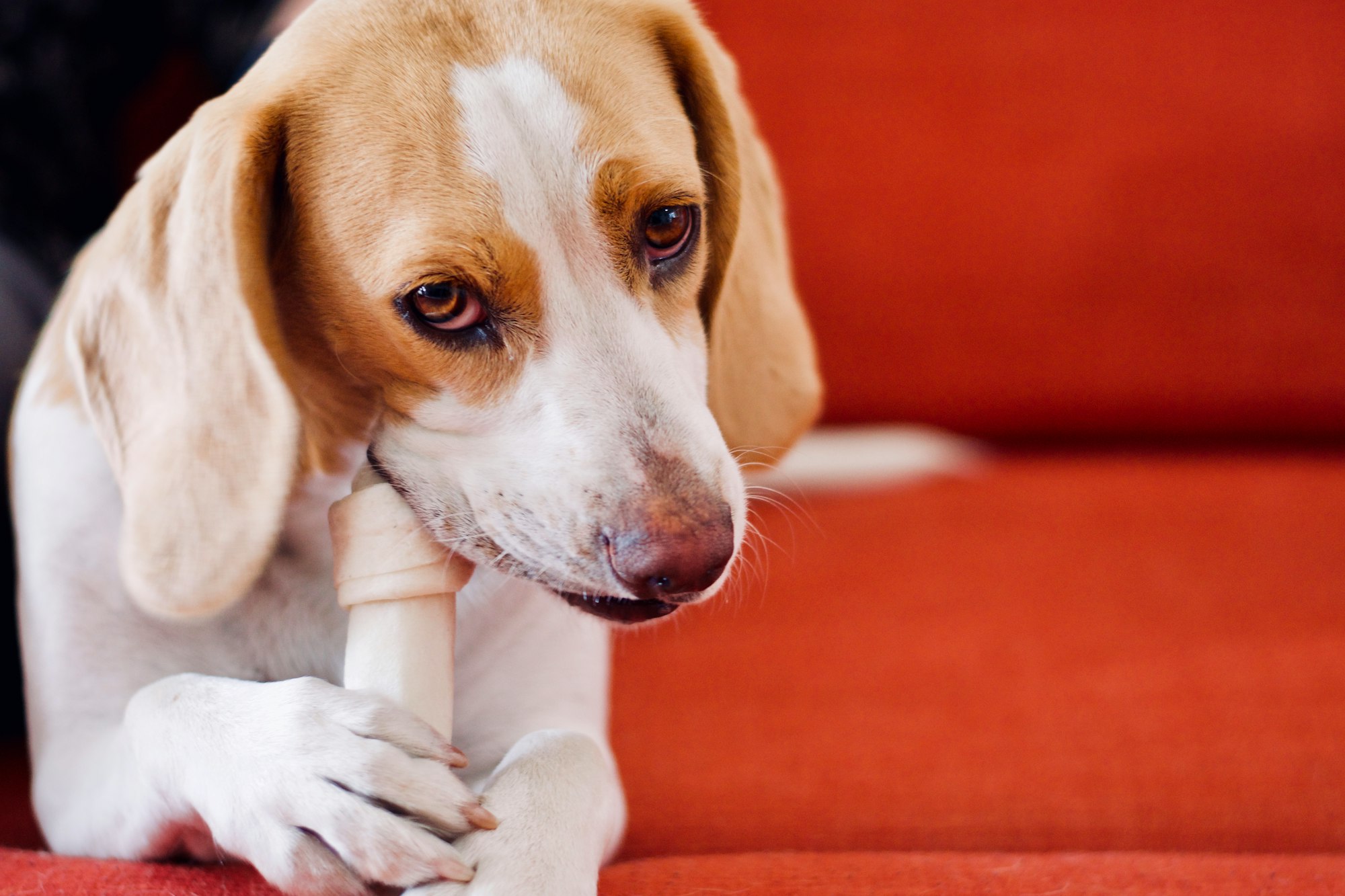Has your pup ever had an upset stomach and you weren't sure why? Coccidiosis is an intestinal illness caused by a tiny organism called coccidian protozoa. If your dog is showing symptoms of an upset stomach, it might be time to consider the possibility of a coccidial infection, which can have serious consequences if left untreated.
It's important to learn about coccidia in dogs, what causes it, and how it can be treated, so that you can take steps to keep your furry friend healthy and happy.
What is Coccidia in Dogs?
Coccidia is a type of parasitic protozoa that lives in the intestines of dogs and other animals. It's one of the most common intestinal parasites in dogs and is typically spread through contact with an infected animal or environment.
When it enters the body, the protozoa will reproduce and form cysts in the lining of the intestines. These cysts are what actually cause the infection, and they can cause symptoms such as diarrhea, vomiting, weight loss, and dehydration.
Coccidiosis in dogs can be caused by several different species of coccidian protozoa, with the most common being Isospora canis and Isospora ohioensis. These microscopic parasites live in the cells of the small intestine and can cause irritation and damage to the lining of the intestine, resulting in vomiting, diarrhea, and weight loss. Coccidia can also be spread through contact with contaminated feces, infected food or water, and contact with other infected animals.
There are other species of coccidia, such as Eimeria, so it’s important to get a diagnosis from a veterinarian to determine the exact cause of the infection.
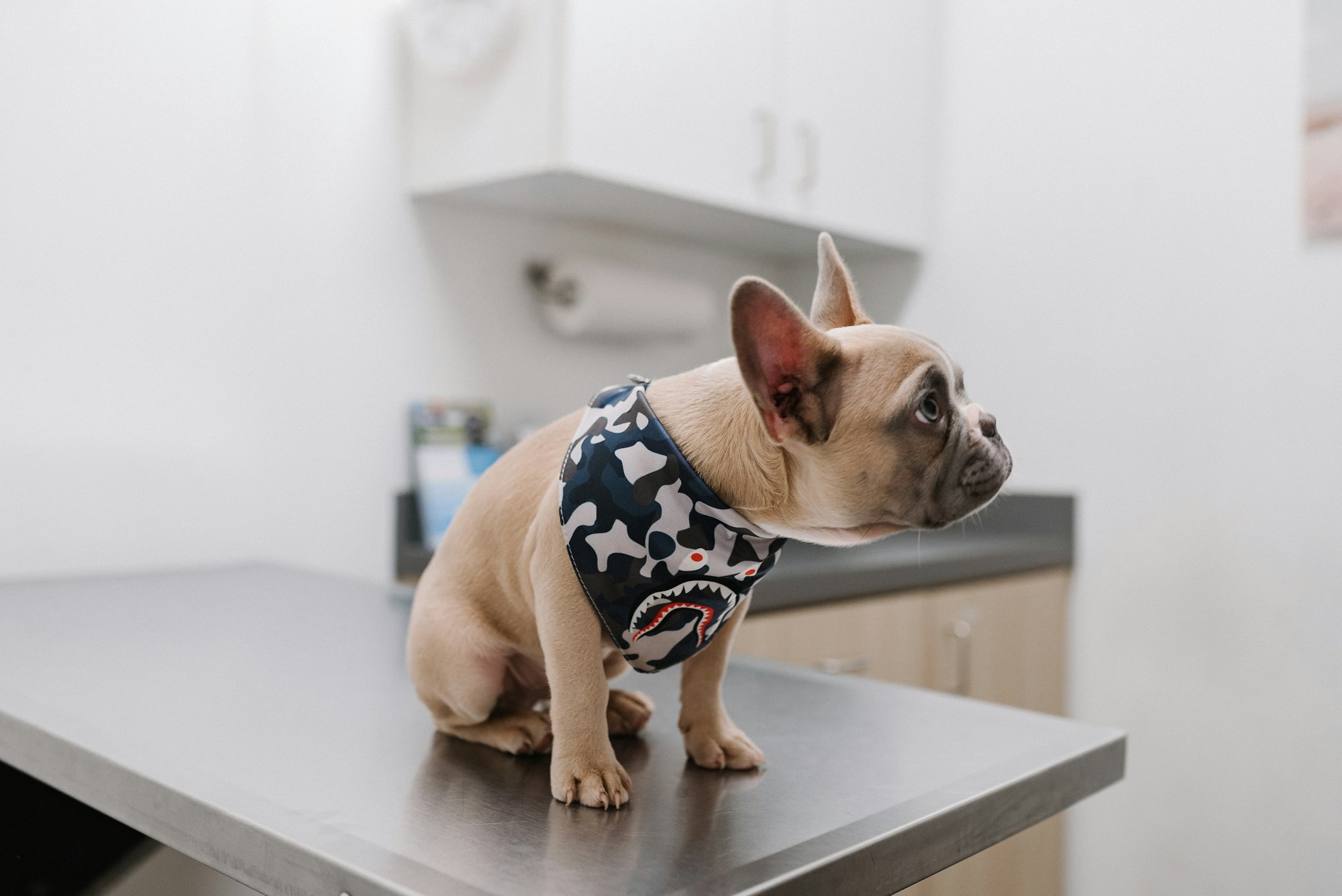
Signs & Symptoms of Coccidia in Dogs
Let's take a look at the warning signs and symptoms of coccidia in dogs.
- Diarrhea: The most common symptom of coccidia infection in dogs is watery, mucoid diarrhea that can range from mild to severe.
- Weight Loss: Chronic and severe infections can cause a dog to lose weight due to decreased nutrient absorption caused by the infection.
- Vomiting: Vomiting can occur with severe infections, especially if the dog is also ingesting contaminated feces.
- Lethargy: Coccidia can cause dogs to be sick and weak, leading to lethargy. This can be caused by a loss of appetite, dehydration, and nutrient deficiency.
- Fever: A fever can develop in severe cases, although it is not always present.
- Abdominal Pain: Abdominal pain can occur due to irritation of the intestines.
- Bloody stools: In more severe cases, blood may be present in the stool.
- Dehydration: Coccidia can cause dehydration in dogs due to diarrhea and vomiting. This can lead to weakness and lethargy.
What Causes Coccidia in Dogs?
Coccidia is caused by microscopic single-celled parasites called coccidian protozoa. These parasites are most commonly found in the intestines of animals and can be spread through contaminated food and water, contact with infected animals, or contaminated environment.
Dogs and other animals can become infected when they ingest the oocysts (eggs) of the protozoa, which are found in their environment. Once the oocysts are ingested, they develop into the active form of the parasite which then colonizes the intestines of the host animal. There, the parasites reproduce, spreading the infection through the host animal's feces.
There are many factors that can increase the risk of a dog contracting coccidia, including poor sanitary and hygiene practices, overcrowding, and a weakened immune system. The most likely way for a dog to become infected is through contact with the environment of an infected animal, so proper hygiene and sanitation practices are essential for preventing coccidia.
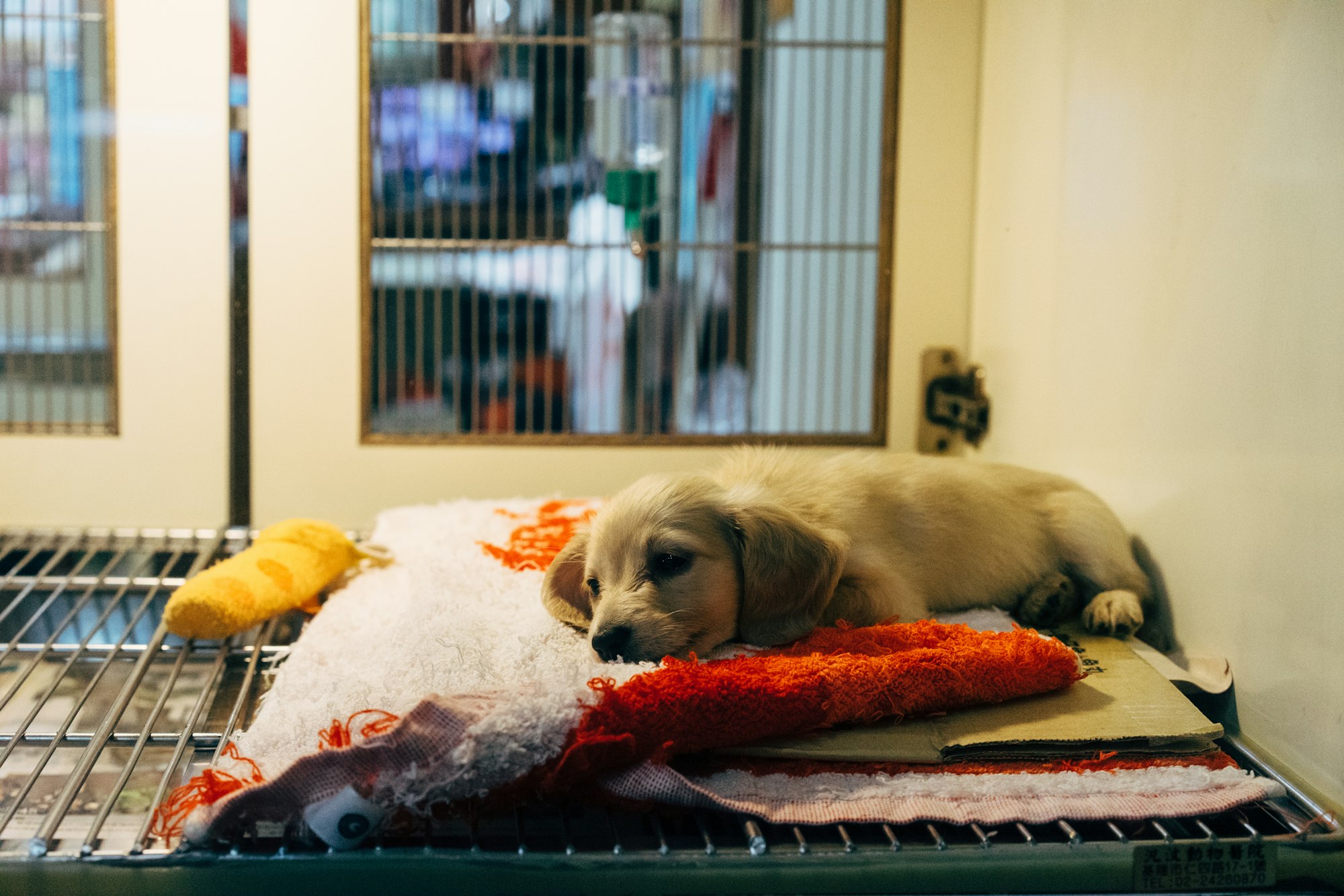
Diagnosing Coccidia in Dogs
If you suspect that your dog may have coccidia, it's important to have them examined by a veterinarian. The veterinarian will be able to diagnose the infection by performing a physical exam and basic lab tests. These tests may include a complete blood count, biochemical profile, and fecal exam. In some cases, the veterinarian may order additional tests such as a radiograph or abdominal ultrasound to evaluate for other possible causes of the symptoms.
Your vet may also recommend symptomatic treatments to help your dog feel more comfortable and reduce the severity of the infection. These may include anti-diarrheal medications, antibiotics, and probiotics. It's important to follow your veterinarian's instructions closely and complete the prescribed course of treatment to ensure that your dog is fully recovered from the infection.
How to Treat Coccidia in Dogs
The primary treatment for coccidia in dogs is the use of appropriate medications. When treating coccidia, it's important to use the right medications for the right length of time. Your veterinarian may recommend an anti-coccidial medication, such as amprolium, to help kill the coccidia organisms and reduce the symptoms of infection.
In addition to using medications, it's important to keep your dog's environment clean and free of potentially contaminated feces. This will help prevent the spread of the infection and reduce your dog's risk of becoming reinfected.
It's also important to feed your dog a high-quality diet and provide plenty of fresh, clean water. This will help ensure that your dog has the nutrients needed to fight off the infection and help their body heal.
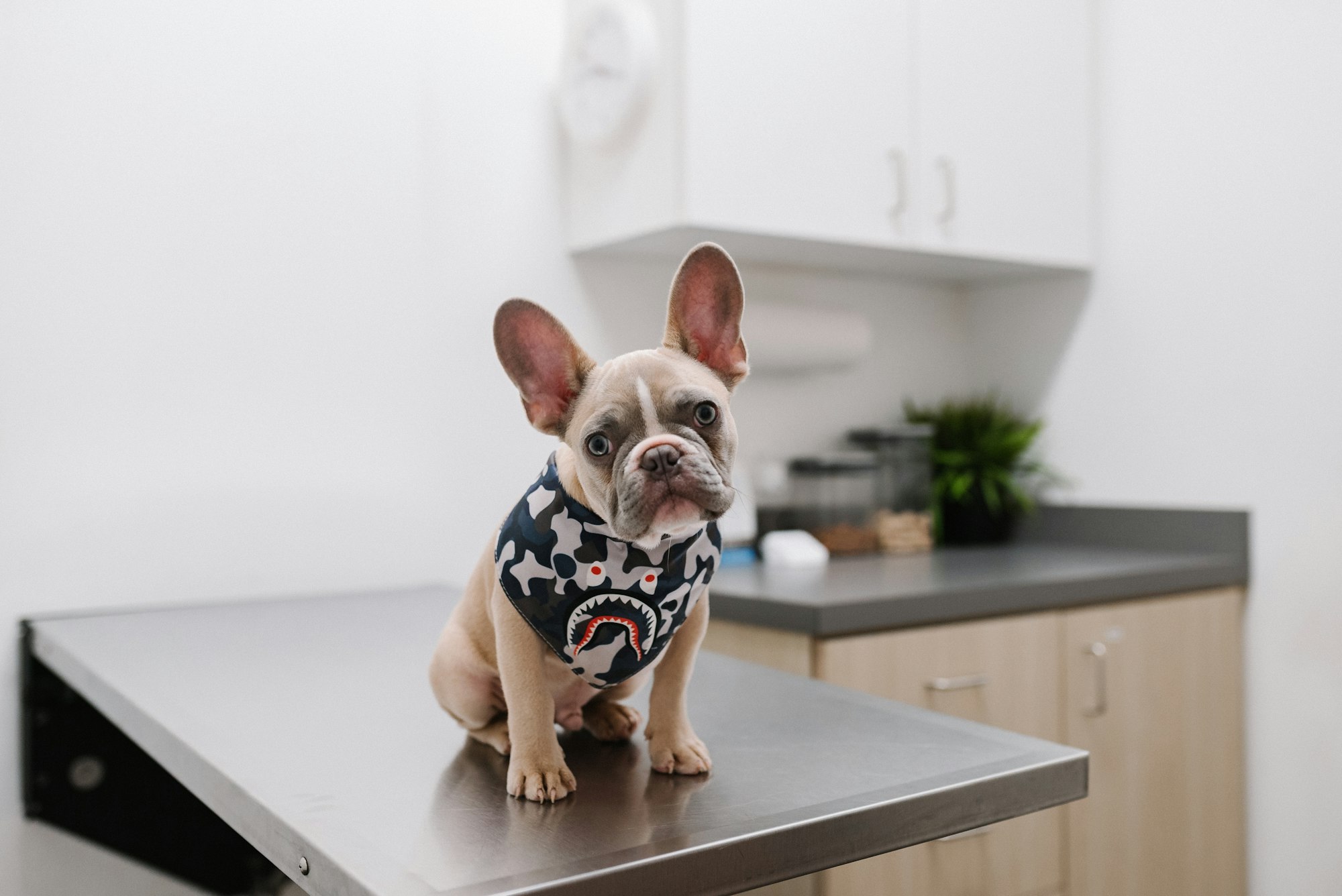
Is There a Cure for Coccidiosis in Dogs?
Yes, there is a cure for coccidiosis in dogs. Treatment usually involves a combination of anti-diarrheal and antibiotic medications that are prescribed by a veterinarian. In many cases, the infection will clear up within two to three weeks.
However, it's important to follow the vet's instructions closely and complete the entire course of treatment to make sure the infection is completely cleared from the dog's system. It's also important to keep your pet's environment clean and sanitized to prevent the infection from returning.
Is Coccidia Contagious to Humans or Other Pets?
When it comes to coccidia, it is important to note that it is not a contagious infection for humans, as it only affects animals. It can, however, be contagious to other animals, although not all species are affected in the same way.
Cats, for instance, are not commonly infected with the same type of coccidia as dogs, but there are other types of coccidia that can infect cats. Similarly, while some types of coccidia can affect birds, other species remain unaffected. Lastly, coccidia can be transmitted to other animals if they come into direct contact with infectious feces.
Therefore, it is important to practice good hygiene when handling animals that could potentially be infected with coccidia. If you suspect that your pet may be infected, it is best to have it examined by a veterinarian and follow the prescribed treatment plan closely.
What Is the Cost of Treating Coccidiosis in Dogs?
The cost of treating coccidiosis in dogs will vary depending on the severity of their condition and the type of treatment they require. Generally, the cost of diagnosis and treatment will remain under $500, with the bulk of the cost being associated with the medication.
Additional costs may include veterinary visits, fecal exams, and other diagnostics. Some pet insurance plans may cover some of these costs. It is important to consult with your veterinarian to determine the best treatment option for your pet.
Recovery and Management of Coccidia in Dogs
Once the infection is diagnosed and treated, it is important to follow up with your veterinarian to make sure that the infection has been completely resolved. To prevent future infections, proper sanitation is key. Disinfecting the environment, changing bedding and bowls regularly, and removing feces from the yard on a daily basis can help reduce the risk of reinfection.
It is also important to feed your dog a healthy diet and provide regular exercise to help maintain a strong immune system. Finally, practice regular deworming and vaccination to maintain optimal health. When you follow all of these guidelines, your dog should stay healthy and free from coccidia infection. So remember, with proper care and management, your dog can be on their way to a full recovery!
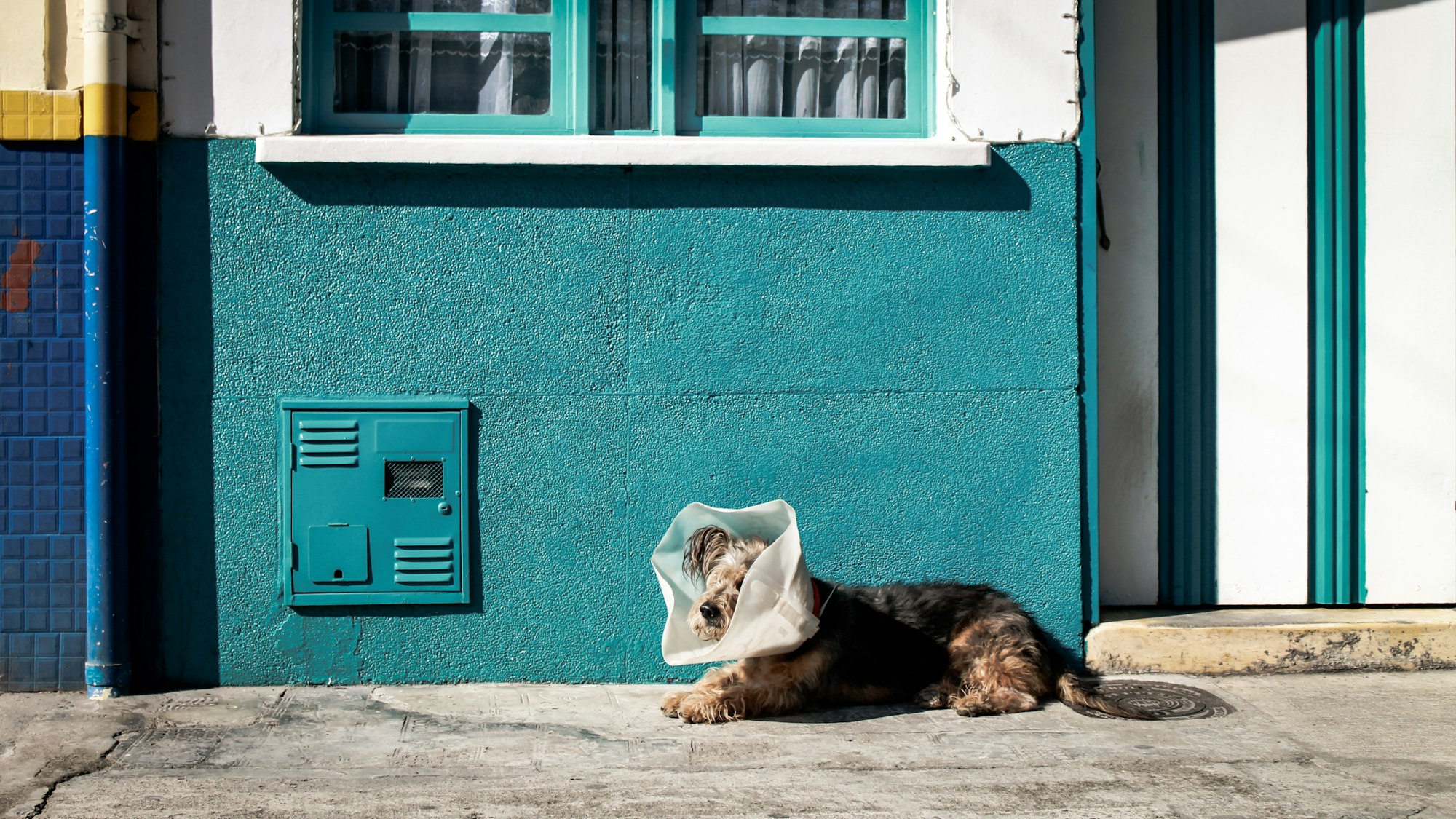
How to Prevent Coccidiosis in Dogs
- Clean and Sanitize: Clean and sanitize your pet's environment regularly, including their bedding, food and water dishes, toys, and other items in their environment.
- Monitor Food and Water: Monitor the quality of your pet's food and water to ensure that it is clean and free from contamination.
- Avoid Unhygienic Areas: Avoid letting your pet roam in areas that are unhygienic or that may be contaminated with coccidia.
- Do Not Allow Your Dog To Eat Feces: As obvious as it may seem, it is important that you do not allow your dog to eat the feces of other animals, as this can increase their risk of infection.
- Seek Veterinarian Care: If you suspect that your pet may be infected with coccidia, it is important to seek veterinarian care immediately. A professional can perform a fecal exam to diagnose and treat the infection.
Is There a Vaccine for Coccidiosis in Dogs?
There is no vaccine available to protect against coccidiosis in dogs. The best way to prevent infection is to practice good hygiene and sanitation. This includes proper disposal of animal waste, not feeding pets raw or undercooked food, and regular deworming.
Because the infection is caused by parasites, it is important to keep dogs away from feces-contaminated areas, such as parks and public areas. Additionally, make sure that any other pets in the household are regularly dewormed as well.
Summary of Coccidia in Dogs
Coccidia is a type of parasite that can infect dogs, leading to symptoms such as diarrhea, vomiting, lethargy, fever, abdominal pain, and other signs of illness. Infections can range from mild to severe, with more serious cases leading to weight loss, dehydration, and bloody stools.
If you believe your dog has coccidia, contact your veterinarian right away to start treatment. Proper sanitation and hygiene are important to preventing the spread of the infection, so don't forget to wash your hands and disinfect surfaces often.
Get more expert advice on pet-parenting by visiting the Off Leash blog at TryFi.com.
TryFi's The Fi Dog Collar is a must-have for any pet parent, it's a GPS tracking collar that helps you keep tabs on your dog's location, activity, and sleep patterns, and alerts you if they escape your backyard. Try the Fi Dog Collar today!
